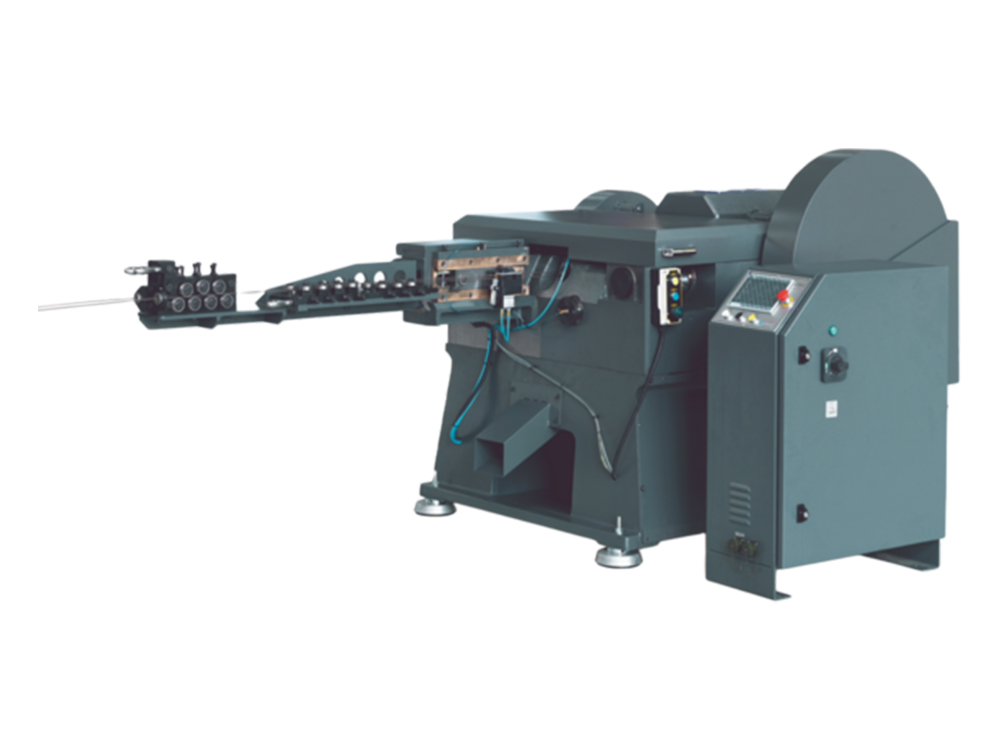Preparing for the State Bank of India Probationary Officer (SBI PO) exam can be a challenging yet rewarding journey. Aspirants often seek effective strategies to enhance their preparation and boost their chances of success. One powerful tool that can significantly aid your SBI PO preparation is the SBI PO previous year question paper. These papers provide insight into the exam format and unveil valuable patterns and trends. This article will delve into the importance of SBI PO previous year papers and how you can harness their potential to excel in the exam.
1. Unearthing the Benefits of SBI PO Previous Year Papers
SBI PO previous year’s question papers are treasure troves of knowledge and insights. Here are some key benefits they offer to aspirants:
- Understanding the Exam Pattern: Familiarizing yourself with the exam pattern is crucial for adequate preparation. SBI PO’s previous year’s papers provide an overview of the types of questions, the distribution of marks, and the time allocation for each section.
- Identifying Important Topics: By analyzing multiple years’ question papers, you can identify the recurring topics and concepts that carry significant weightage in the exam. This allows you to prioritize your study and allocate more time to crucial areas.
- Time Management Practice: Solving previous year’s papers under timed conditions helps you practice time management. It enables you to gauge how much time to allocate to each section during the exam.
- Enhancing Question-Solving Skills: Regularly solving previous year papers improves your question-solving skills and helps you become familiar with the different questions asked in the exam.
2. Decoding the Exam Trends: Spotting Patterns and Repeated Questions
One of the key advantages of using SBI PO previous year papers is the ability to spot patterns and repeated questions. Here’s how you can do it:
- Topic Analysis: Analyze the distribution of questions from each topic in the previous year’s papers. Focus on topics that appear frequently and carry higher marks.
- Difficulty Level: Observe the difficulty level of questions over the years. This will give you an idea of the overall toughness of the exam and help you prepare accordingly.
- Question Types: Take note of the different types of questions asked in each section. This will give you an understanding of the variety of questions that can be expected.
3. Creating a Customized Study Plan
Once you have analyzed the previous year papers, it’s time to create a customized study plan. Here’s how you can do it:
- Topic Priority: Prioritize topics based on their frequency in the previous year papers. Devote more time to topics that have a higher occurrence.
- Weak Area Improvement: Identify your weak areas by reviewing your performance in the mock tests and previous year papers. Allocate extra time to improve these areas.
- Time Allocation: Based on the time taken to solve different sections in the previous year papers, allocate time for each section in your study plan.
4. The Power of Mock Tests
Mock tests are an integral part of your SBI PO preparation, and they go hand in hand with the previous year papers. Here’s why:
- Exam Simulation: Mock tests simulate the actual exam environment, giving you a feel of the real test.
- Performance Assessment: Regularly taking mock tests allows you to assess your performance, identify strengths and weaknesses, and fine-tune your preparation accordingly.
- Revision and Reinforcement: Mock tests serve as a means of revision, helping you retain what you’ve learned and reinforcing your knowledge.
Conclusion
Utilizing sbi po previous year question paper is a game-changer in your exam preparation. It acquaints you with the exam pattern and helps you decipher crucial exam trends. With the power of insights gained from previous year papers, you can create a focused study plan and optimize your preparation for success. Remember, consistent practice and determination are key to acing the SBI PO exam. Embrace the challenge, study smartly, and let the patterns of success unfold before you. Good luck!

















